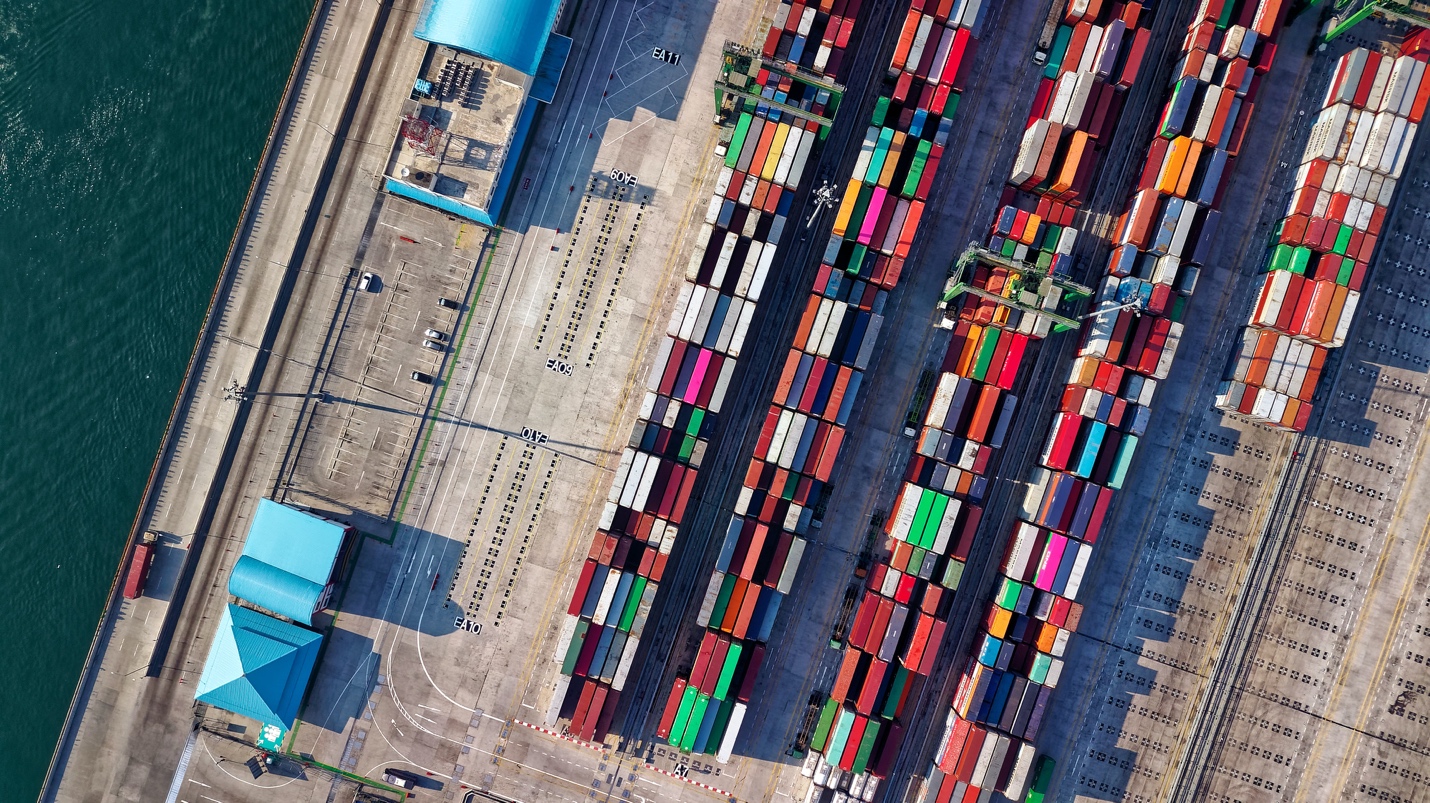By Thandisizwe Mgudlwa
Further calls to make Cape Town a ‘Smart City’ continue to increase.
One of the people in the forefront of these calls is Chris Whelan, CEO of business think-tank Accelerate Cape Town.
Whelan says, “Developing a ‘smart city’, where information and communication technology (ICT) is leveraged to provide excellent service and which significantly contributes to a business environment conducive to both foreign and domestic investment, is an important part of positioning Cape Town as Africa’s global city, a city of innovation and inspiration.”
According to Whelan, enabling technology exploitation in education, healthcare, transport, and safety and security all contribute to the development of a ‘smart city’.
“One of the most exciting steps the city is taking in becoming a smart city is the fibre network rollout that is currently underway. This will radically improve the connectivity of businesses, government and residents, and bring significant benefits to all.”
His view has been echoed by Mayan Mathen, Chief Technology Officer for Dimension Data Middle East and Africa.
“The fibre network will provide significant returns on investment, most notably in the area of telecommunications costs, which will provide huge benefits to businesses and residents.”
Mathen said there are four key elements to a smart city: broadband infrastructure in terms of affordable connectivity for businesses, government facilities and residences; knowledge empowerment in terms of effective education and training to enable the workforce; facilitating innovation and stimulating new business development; and simplifying and improving the lifestyles of citizens.
While Jo-Ann Johnston, Chief Director/Head of the Western Cape’s Catalytic infrastructure initiatives in the Department of Economic Development and Tourism, agrees that rolling out high-speed broadband will in itself not achieve the City’s objectives, and said the City is currently working on several key projects.
“We are aiming to provide 1 000 schools in the Western Cape with broadband internet access of 10mbps by the end of 2014. However, the key question is how this improved connectivity will translate into the classroom, and what additional skills will be required to make effective use of this new facility.”
And the Provincial Wireless Access Network, which will in its first phase connect schools, government buildings and rural libraries across the Western Cape province and will ultimately become a province-wide wireless network, is scheduled for completion by 2020.

